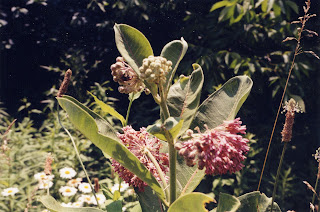
The darkest time of the year has come at last
When silent, still, and long the nights are passed
In slumbering doubt and sober, rue reflection,
A wint’ry feast of hearty introspection.
For now the sun wanes well beneath our ken
With no assurance it will rise and warm again
Our dream-spun souls. Blind, we set ablaze
The bonfires of faith and trust in brighter days;
We singe regret and ash mistaken sorrow
And burn away what thieves our joy tomorrow.
The years go ‘round, faster now we think
Than e’re before, so therefore let us drink
A cheerful toast to our wandering sun’s rebirth,
And in this darkest time, to peace on earth.



















